
The Chinese are coming, and they're taking your smartphone
Highlighting the increased clout of the Chinese consumer in today's high-tech marketplace, research firm Strategy Analytics released results of a study Wednesday that finds smartphone shipments to China eclipsed the United States for the first time last quarter. At 24 million units, China is now the largest smartphone market in the world.
The findings show why phone manufacturers have increasingly turned their attention to the Far East. Apple began selling the iPhone in China in 2009 on China Unicom, and other manufacturers increasingly are looking to the country and its TD-SCDMA and TD-LTE homegrown networking technologies.

Is Microsoft preparing another Yahoo bid?
The stage is set for an eventful holiday season at Yahoo. Sources close to the struggling Sunnyvale, Calif. search company tell the New York Times that Microsoft has signed a non-disclosure agreement which allows it to look into the media giant's books. The Redmond, Wash.-based company joins Silver Lake, TPG Capital and several others as potential suitors.
Talk of a Yahoo sale has increased since September, when a memo from former CEO Jerry Yang leaked to the press. "Our advisers are working with us to develop ideas that we will pursue proactively. At the same time, they are fielding inquiries from multiple parties that have already expressed interest in a number of potential options", the note reads.

Can 'Buffy' slay Facebook Phone rumors?
Rumors persist over the mythical "Facebook Phone". This time it's Ina Fried and Liz Gannes of All Things Digital, claiming sources say the social network is working with HTC on an Android powered device -- codenamed "Buffy" -- to launch in about 12 to 18 months. It deeply integrates Facebook services into the experience, and relies on HTML5 as a platform for applications.
But Fried's and Gannes' report may not be accurate. In a "He Said, She Said" response, Inside Facebook followed up saying its own sources call Buffy a "trainwreck". Reporter Kim-Mai Cutler says that the phone would have a host of issues, including always being one step behind the latest version of Android due to the deep customization that Buffy would require.

Arbitrators tell Western Digital to pay Seagate $525 million in trade secret spat
Western Digital is liable for $525 million in damages to Seagate following an arbitration decision regarding the misappropriation of trade secrets. The ruling stems from a court case brought by Seagate in 2006 against Western Digital and one of its former employees who had taken a job with its competitor.
That employee is accused of sharing information with his new employer, although court proceedings were stayed while the two sides entered arbitration in 2007. The arbitrator sided with Seagate in the matter.
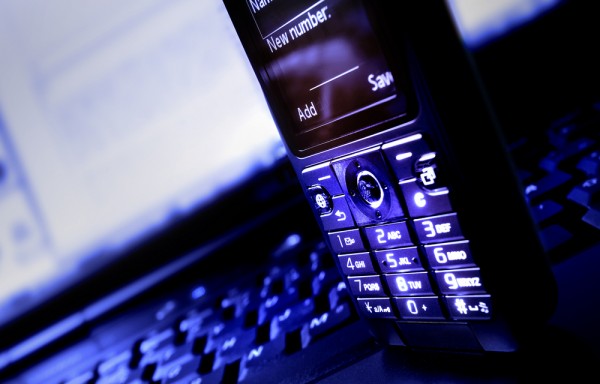
AT&T discloses 'organized and systemic' hack to steal customer information
AT&T is alerting affected customers to an "organized and systematic" attack on its website that attempted to steal their data. The nation's second-biggest carrier says in a letter to those customers that it "[does] not believe that the perpetrators of this attack obtained access to your online account or any of the information contained in that account", but decided to warn users "out of an abundance of caution".
Less than one percent of the carrier's 100.7 million customers are affected, but that still puts nearly one million at risk due to AT&T's size. Hackers employed an automated script to see if cellular numbers were linked to AT&T accounts, which the script tried to pair with logins. All attempts appear to be unsuccessful.
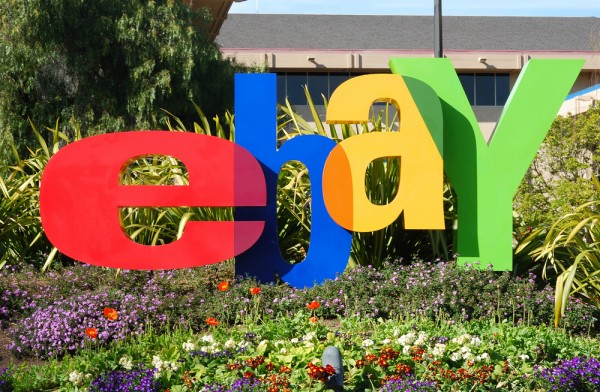
eBay buys Hunch to better guess what you will buy
In an effort the provide better personalized recommendations, eBay has acquired privately-held Hunch, a two-year-old service that suggests content on the Internet based on personal tastes. The auction service expects Hunch to integrate into a variety of its offerings beyond recommendations.
Hunch founder Chris Dixon will lead eBay's existing recommendations team, reports indicate. "We’ll be tackling all kinds of interesting challenges as part of eBay including predictive merchandising, interpreting unstructured data and creating merchant insights", he writes in a blog post announcing the acquisition. "We can’t wait to get started".
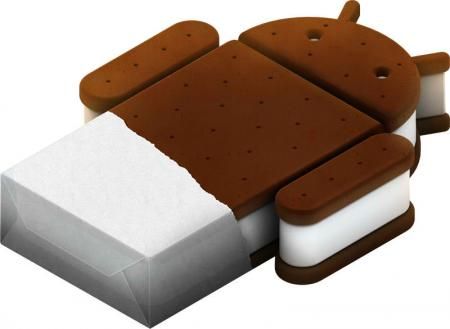
Mobile Flash isn't dead yet -- it's coming to Ice Cream Sandwich
Early Android 4.0 "Ice Cream Sandwich" adopters must do without Flash, as Google confirms that current versions are incompatible. However, Adobe says they won't wait long: a compatible Flash release should be available by the end of the year.
Adobe announced earlier this month that it would end support for mobile versions of Flash, a move that acknowledges the shift towards HTML5 among mobile developers. Indeed, Adobe confirms that its port of Flash for ICS will be its last: future versions of Android will not be compatible.

Doctors can compel you to remove negative reviews from Angie's List
It's time for your yearly physical. Walking into the doctor's office is like any other visit: the same corny elevator music, the same outdated magazines, and that stack of paperwork the receptionist always hands you to fill out. But there's something new in that paperwork. Your doctor is asking you to sign a new agreement. What it asks for surprises you.
Your doctor wants you to turn over the rights of what you may say about him or her online. Sound ridiculous? It's not and is the newest method medical professionals use to protect their reputations. One company is spearheading this effort, and has become the target of criticism for its practices.

Amazon loses about $3 on each Kindle Fire
Amazon is leaning on its strengths in procurement in order to make the Kindle Fire as cheaply as possible, IHS iSuppli says. The firm has begun its teardown of the device and says that the components inside offer little surprises from the virtual teardown it released in September. Each Fire costs Amazon $201.70 to build, meaning the company loses $2.70 on each device.
Previously, IHS guessed that the Fire had cost $209.63 to build, but that was based on what it new of Amazon's suppliers and not an actual teardown of the device.

iPhone overtakes BlackBerry as top workplace smart phone
Research In Motion's BlackBerry has lost its long held position as the top smartphone among business users, a new study finds. Mobility services company iPass found that the iPhone is now the most commonly used smartphone in the workplace, with the Android platform also showing impressive growth.
The survey of 2,300 workers found that 45 percent use iPhones, up from 31.1 percent a year ago. BlackBerry usage fell to 32.2 percent from 34.5 percent a year ago. Android now is 21.3 percent of the market, up from 11.3 percent a year ago. Overall, RIM market share isn't collapsing as much as other platforms are gaining acceptance in the workplace.
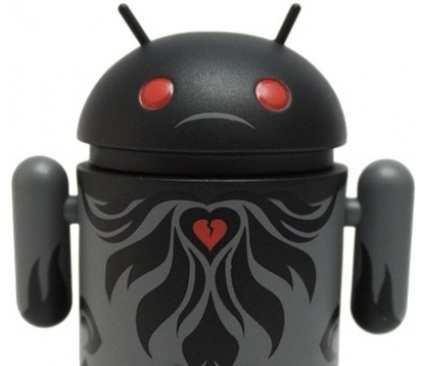
Malware on Android begins to spiral out of control
Malware aimed at the Android platform has increased five-fold since July, raising questions on the open-door policy Android has in installing apps. IT company Juniper Networks says the reason for this is the Mountain View, Calif. company's own lax attitude when it comes to oversight.
"With no upfront review process, no one checking to see that your application does what it says, just the world’s largest majority of smartphone users skimming past your application’s description page with whatever description of the application the developer chooses to include", it says. Of course, Juniper's description of how the review process works in Android is generalized and somewhat inaccurate.

Facebook says it knows who is responsible for image spam attack
Facebook says that it identified those responsible for an attack earlier this week that spammed Facebook users with pornography and violent imagery, and will investigate its options to prosecute those responsible. The attack is believed to have been exploited through a browser vulnerability, BetaNews is told.
"During this spam attack users were tricked into pasting and executing malicious JavaScript in their browser URL bar causing them to unknowingly share this offensive content", spokesperson Andrew Noyes explained. "Our engineers have been working diligently on this self-XSS [cross-site scripting] vulnerability in the browser".
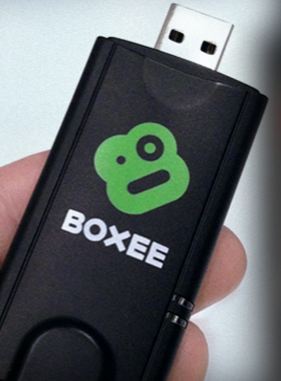
Boxee begins cord-cutting Live TV USB dongle preorders
Boxee confirms it is working on an USB dongle add-on for its Boxee Box set-top box that allows an antenna to be connected to the device to recieve "over-the-air" HD television signals. Pre-ordering opens Wednesday in the United States and Canada for $49, and the dongle will ship in January.
Those with unenecrypted basic channel service -- called clearQAM -- would also be able to connect the cable to the Boxee Box device. Either way, the set-top box itself still requires an Internet connection in order to use the signature functions of the Boxee service.

PETA's anti-fur campaign takes on Mario
Animal rights group People for the Ethical Treatment of Animals has a new enemy: Mario. Yes, that lovable overall wearing plumber of Nintendo fame. His crime? Wearing fur in Nintendo's latest Super Mario franchise title for the Nintendo 3DS, Super Mario 3D Land.
To point out Mario's sins, PETA launched a new online campaign called "Mario Kills Tanooki". The Tanooki is a Japanese raccoon dog, and during gameplay in 3D Land Mario dons the coat of a Tanooki, much like he did in Super Mario 3 for the original Nintendo system. The suit allows Mario to fly.
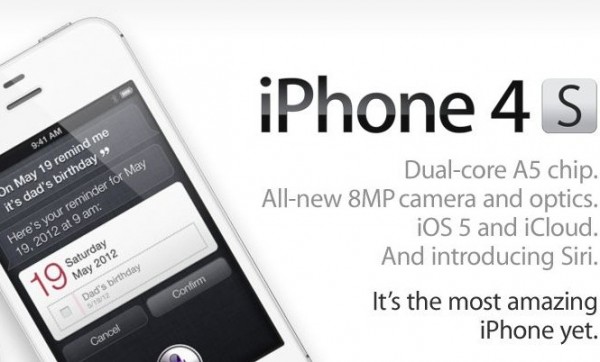
The latest Apple apologist meme: the post-spec era
I ask you to remain seated for what you are about to read, for I fear you may fall over and injure yourself from shock (BetaNews assumes no responsibility for injuries that occur while reading our stories). The spec is dead. No more gigahertz or dual-core comparisons. No more comparing LTE to HSPA+ to 3G. If you read TechCrunch today, that's exactly what MG Seigler argues. Who's leading us to this spec-free world? Apple.
"Apple is the company which has ushered in this post-spec era", Seigler insists. "We’re starting to see backlash against reviews of products that just do spec-by-spec rundown. Because really, who cares how the device sounds on paper? It’s how it feels that matters".

